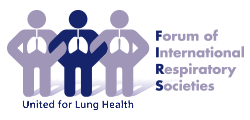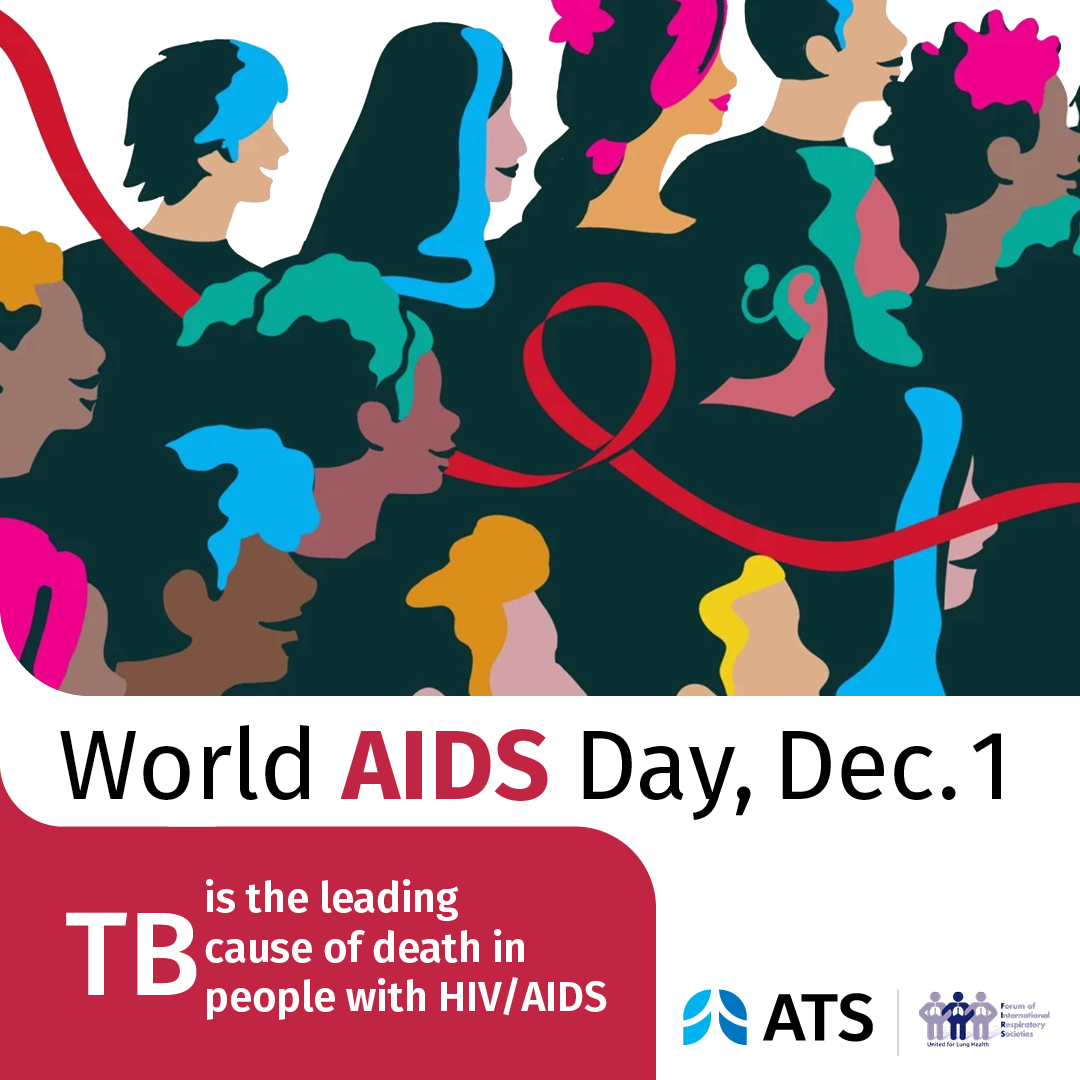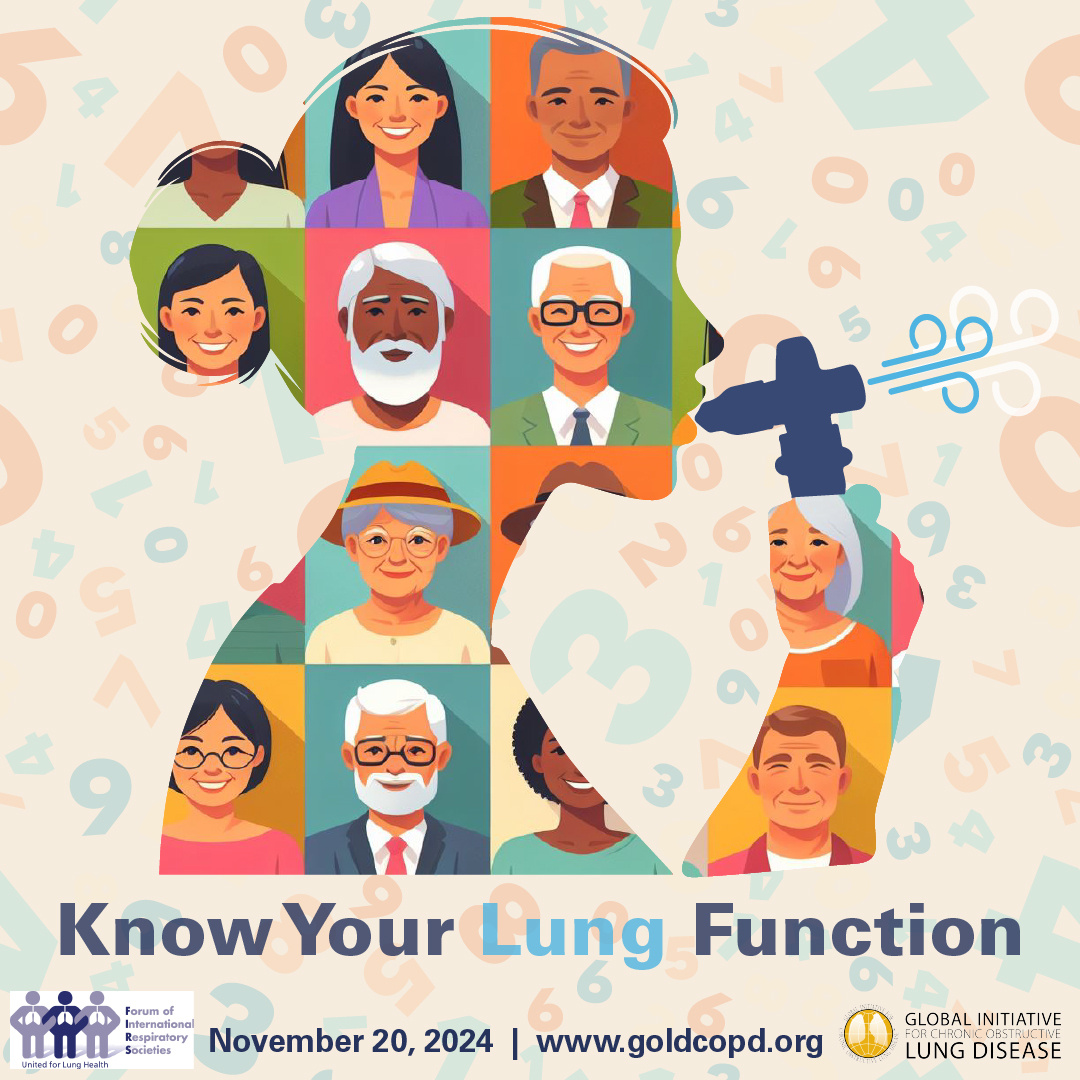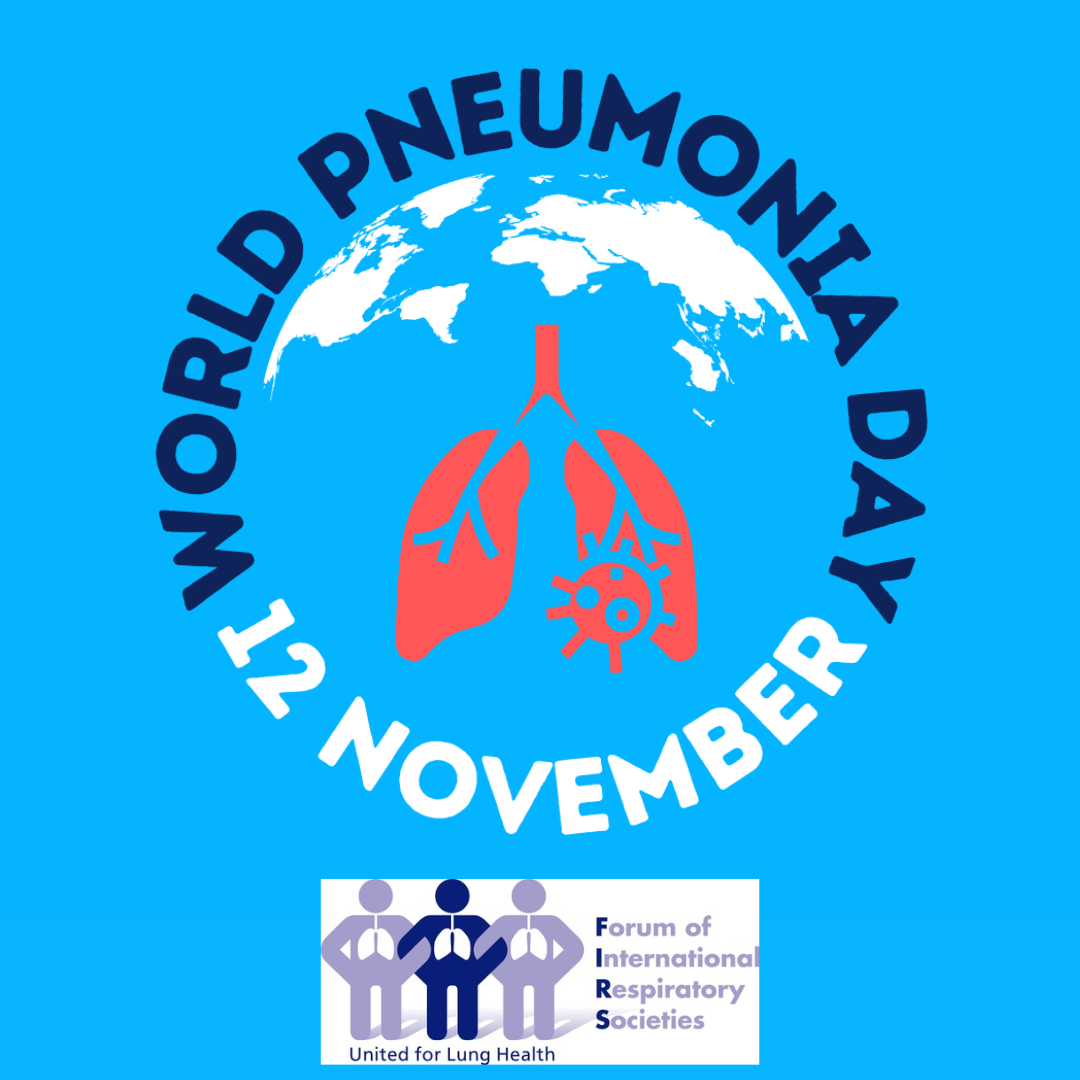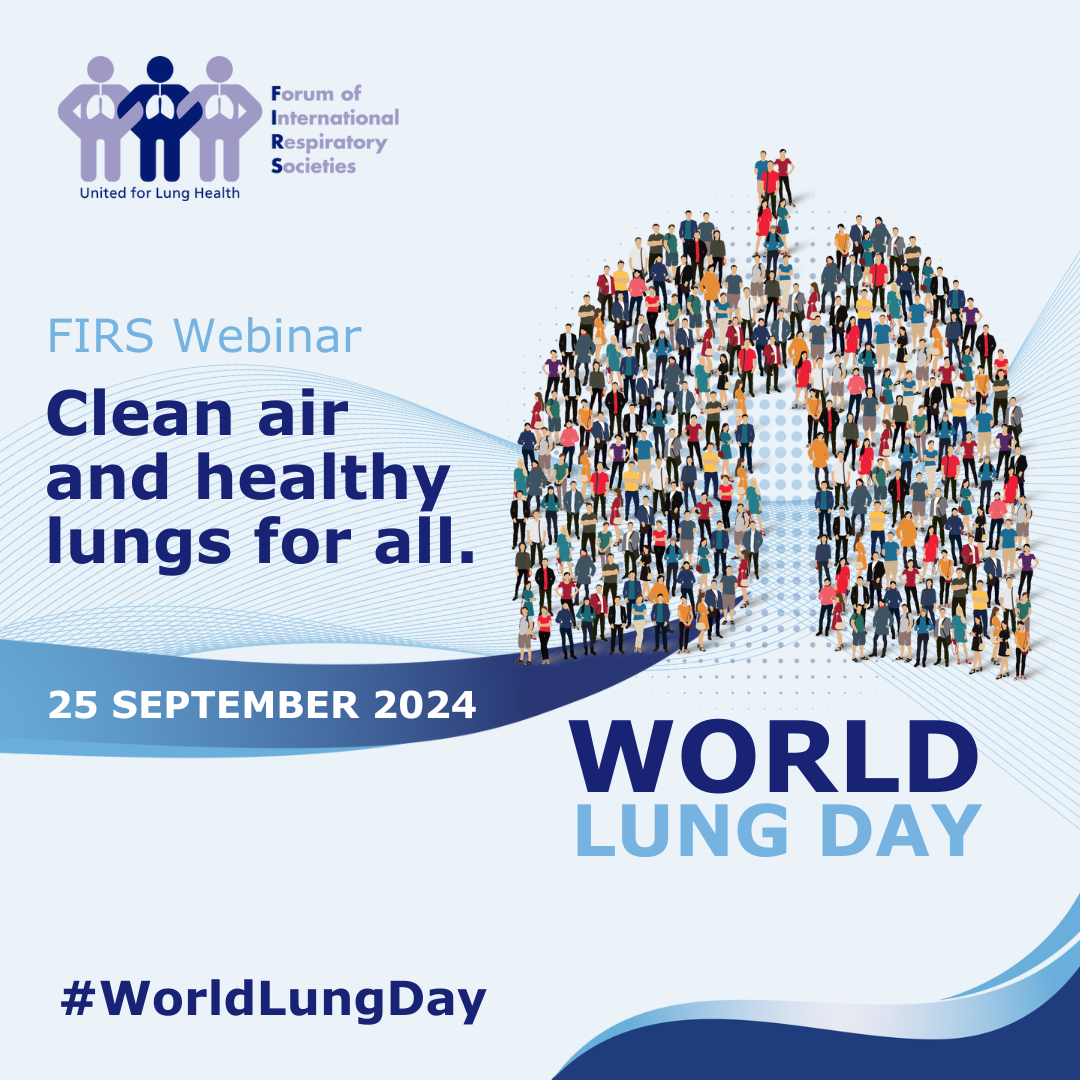On World No Tobacco Day, 31 May, 2020, the Forum of International Respiratory Societies (FIRS), calls on governments and policymakers to implement stronger measures to protect teenagers and adolescents from tobacco industry marketing, in order to safeguard health and to support global public health goals for a tobacco-free generation.
The call is issued in support of the World Health Organization’s (WHO) overarching World No Tobacco Day (WNTD) 2020 theme, which focuses on exposing the strategies used by the tobacco industry to appeal to young people in its marketing of novel tobacco and nicotine products such as e-cigarettes, heated tobacco and “smokeless” tobacco products.
In its WNTD 2020 launch statement, the WHO outlines the key strategies used by the tobacco industry to entice young people to use novel tobacco and nicotine products, including through the use of sweet flavourings, false claims about the “safety” of novel tobacco products, in-direct marketing on TV, film and online through social media influencers, and by using “sleek” product designs to hide the fact its products are devices of tobacco and nicotine inhalation.
Many studies have found that e-cigarette vapour contains toxic and cancer-causing chemicals, and almost all independent research has revealed some negative health effects associated with e-cigarette use. Existing evidence indicates that this damage will have lasting effects and may lead to the development of diseases in later life [1].
Further, there is currently no evidence to show that heated or “smokeless” tobacco products are less harmful than traditional cigarettes to health. Previous research has shown that more than 20 harmful chemicals were found in heat-not-burn products in higher amounts than in traditional cigarette smoke, and there is some evidence that new chemicals exist in heat-not-burn products that are not present in traditional cigarettes, which could be toxic to the health of young people [1].
FIRS believe that governments have an important role to play in the implementation of legislation to limit these strategies and strongly supports the WHO’s recommendations on ways to counter the tobacco industry, including by:
- Supporting the implementation of comprehensive tobacco control policies, such as those outlined in the WHO Framework Convention on Tobacco Control.
- If not banning, then by applying strict regulations on the sale of electronic nicotine delivery systems (ENDS) and electronic non-nicotine delivery systems (ENNDS).
- Implementing bans on advertising, promotion and sponsorship of nicotine and tobacco products.
- Enforcing policies to prevent tobacco industry lobbying and interference in tobacco control policies.
- Supporting youth groups to advocate, engage and educate young people to help build a movement for a tobacco-free generation.
- Instructing schools to raise awareness of the dangers of initiating nicotine and tobacco product use and adopt tobacco and e-cigarette free campuses.
We must stop the tobacco industry targeting a new generation. FIRS encourages the public health community, civil society organisations, governments, the media and the public to support World No Tobacco Day 2020 and to get involved in WHO activities for this important awareness event.
(ends)
Notes
[1] https://breathe.ersjournals.com/content/16/1/161ELF.article-info
